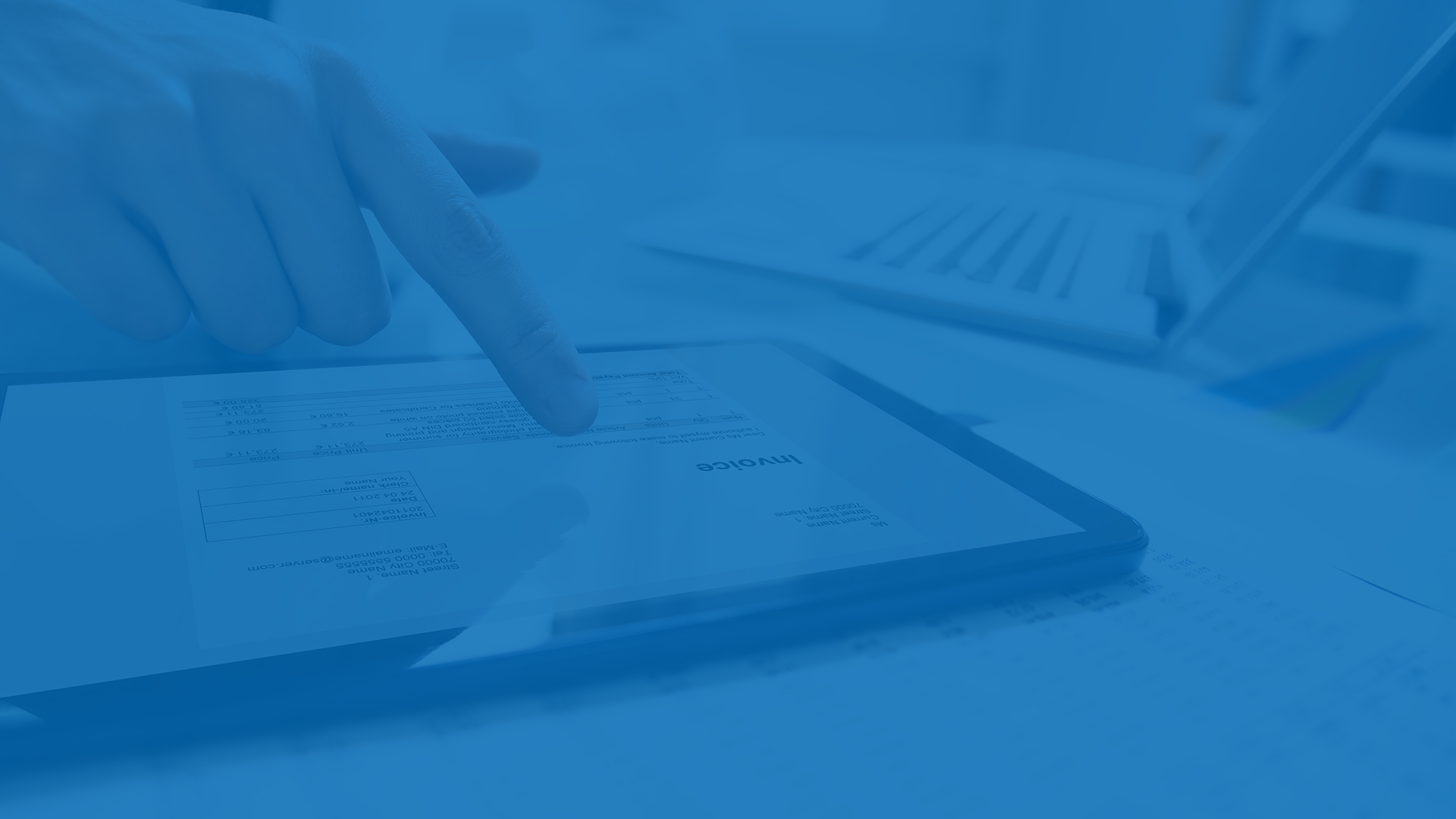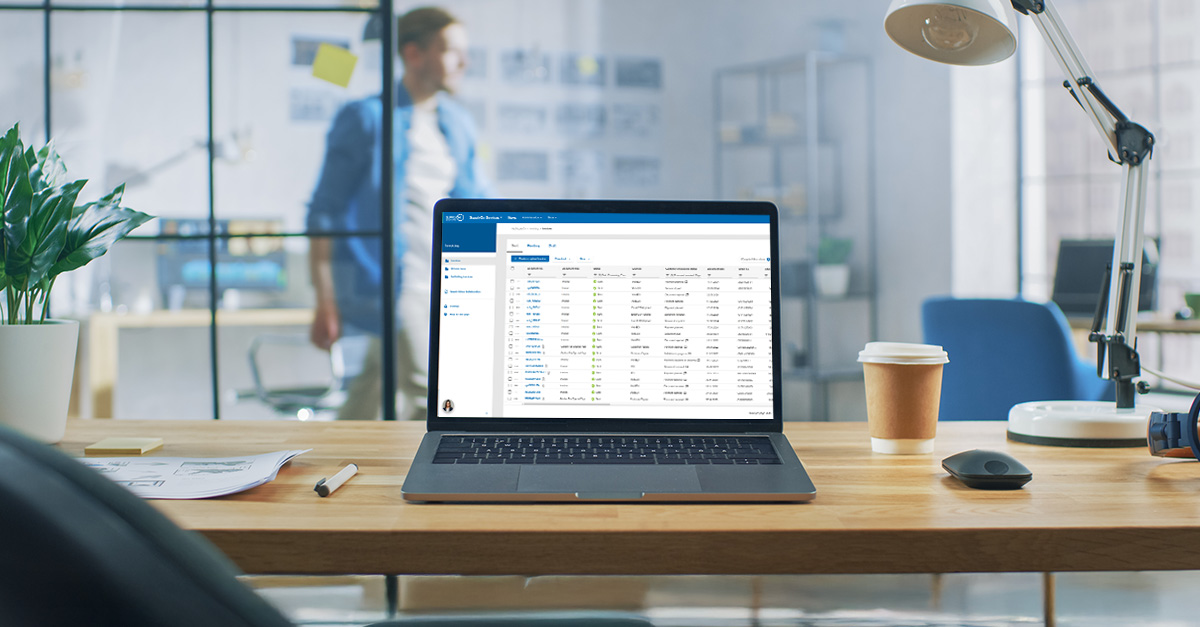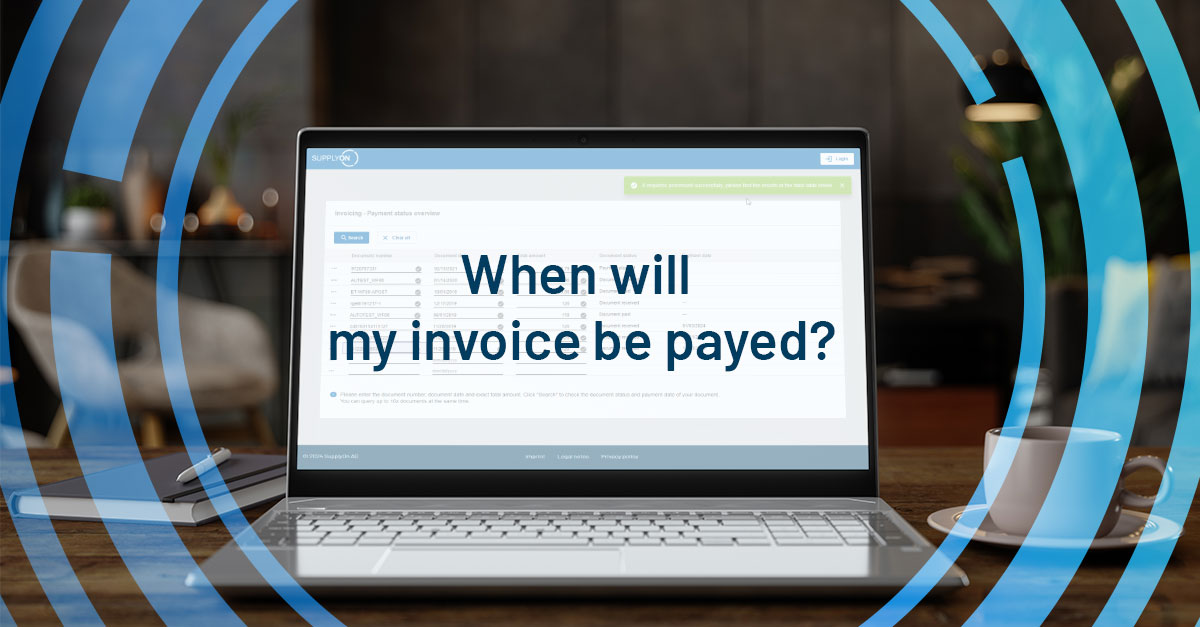Growth Opportunity Act: Germany goes eInvoicing

On March 22, 2024, the Growth Opportunities Act was passed by the Bundestag and Bundesrat in Germany. With the introduction of this law, the federal government aims to boost Germany’s attractiveness as a business center.
Part of the Growth Opportunities Act is the introduction of mandatory eInvoicing in Germany. Domestic invoicing is to be digitized through the gradual introduction of electronic invoice formats. The clear goal: no more paper and no more PDFs.
Two standard formats have been defined for electronic invoices: X-Rechnung and ZUGFeRD.
- X-Rechnung is a pure XML format and has already been known in the business-to-government environment for a few years.
- ZUGFeRD, on the other hand, is a hybrid format. Here, a human-readable and interpretable PDF invoice is embedded in a machine-readable XML file.
An overview of the exact timeline for the introduction and who is affected and when:
- From 2025, all companies must be able to receive e-invoices in the formats defined by the government. Regardless of company size or turnover.
- In 2027, only smaller companies with an annual turnover of less than 800,000 euros will be allowed to send PDF and paper invoices.
- From 2028, these formats will no longer be permitted. X-Invoice and ZUGFeRD invoices will then be the new standard. The use of alternative electronic invoice formats remains permitted as long as the formats are compliant with EU standard EN16931.
EDIFACT was controversial for a long time. Business associations have called for this transmission channel to be retained. The government has complied with this request and continues to allow EDI as a transmission channel – subject to the following conditions: EDI data formats must comply with EU standard EN16931 and a bilateral agreement between sender and recipient, i.e. customer and supplier, is required.
Unlike other countries, Germany has decided against a central government platform for the eInvoicing model itself. Invoices must comply with the new formats, but the transmission channel can be chosen freely. Germany is therefore taking a different approach to countries such as Italy, where all invoices must be sent via a central government platform.
The introduction of mandatory eInvoicing in Germany serves as preparation for the planned EU reform VIDA. VIDA stands for “VAT in the Digital Age” and is an EU initiative. According to the current schedule, from 2028, EU invoices exchanged between two EU countries will only be permitted in a structured and machine-readable format, i.e. EN16931-compliant.

At the same time, the introduction of a standardized tax reporting system is planned via VIDA. The EU plan envisages the introduction of central tax reporting platforms at both national and EU level. Companies in each EU country will report their tax data to the national platform, which in turn will forward the data to the central EU portal. For Germany, e-invoicing therefore forms the basis for the introduction of the standardized tax reporting system as part of VIDA.
SupplyOn is currently developing an invoicing add-on for Germany that will make it possible to process 100% of invoices received within Germany – regardless of whether the supplier is registered with SupplyOn or not. In addition to receiving the invoices and converting them into a desired target format, SupplyOn also takes over the complete validation of all invoices against previous documents such as the purchase order. SupplyOn can also enrich additional invoice data. All with the aim of achieving the fullest possible automation of incoming invoices on the customer side with a dark posting rate of over 90%.



